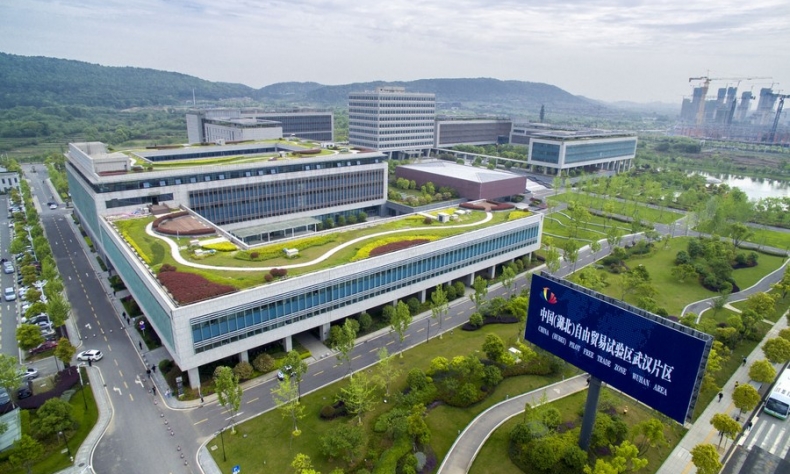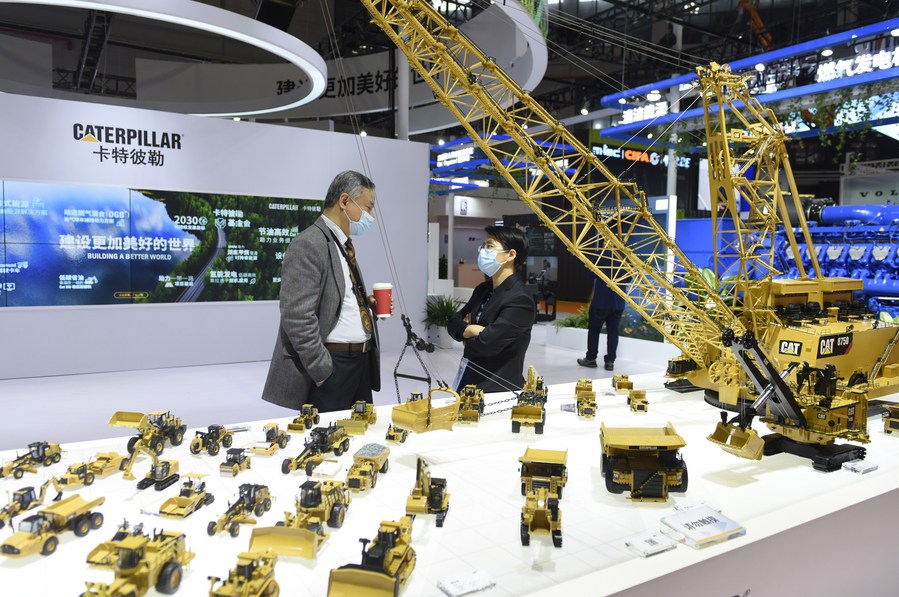China’s Accession to WTO a Win-Win for the World

China’s entry into the WTO was a massive moment for global growth, prosperity, and the integration of a poor economy into the international trading order. China has developed rapidly, while its benefits on others must be recognized too.
This month marks 20 years since China became a World Trade Organization (WTO) member. This multilateral body gave it a new opportunity to integrate itself into the world economy and boost its exports. Its ascension symbolizes its reform and opening up, demonstrating how China has evolved and rapidly risen towards prosperity.
However, not everyone is happy with the outcome. American politicians, in particular, have sought to depict China’s WTO entry as a zero-sum loss for the United States, framing Beijing as having undercut American jobs, manufacturing, and competitiveness. Likewise, the BBC ran an article titled “How the West invited China to eat its lunch,” again framing China’s ascension to the body as a massive geopolitical event.
It is, of course, the narrative that China’s ascendency has been a “loss” for America which fuelled the rise of Trumpism and hostile foreign policies in the first place, cementing a new consensus of protectionism and striving to put “America First.” But are these claims valid? In reality, China’s entry into the WTO was not a zero-sum game with individual winners and losers, but a win-win for the world, which has helped dramatically transform the fortunes of the world’s most populous country, as well as lifting all those connected to it and driving economic development overseas. Moreover, China’s entry ultimately helped drive forwards globalization, which contributes to global prosperity as a whole.
In a globalized world, economics is a procedure of interdependency and relativism. That means the success of one party is solely contingent upon another. Although there are divides of wealth and poverty throughout the world, it nonetheless implies that the success or failure of one country has relatively similar consequences for another.
Over the past few decades, China has transformed from not being a part of the global economy to constituting 18% of it. This has made it an engine of global growth. In doing so, it attracted the investment and presence of businesses who found it cheaper to manufacture there than in their home countries, owing to its larger labor force. However, this brought benefits, too.

First of all, China’s rise created the largest export and overseas market, providing more extensive opportunities than the back home could ever muster. For example, the U.S.’s population is 330 million, meaning China offers four times the benefits, and for smaller countries, this is even more significant.
In being backed by the massive size of the Chinese market, and therefore a more precise requirement to meet profit margins, China’s WTO entry secondly allowed Western companies the chance to make substantially cheaper goods and make more money in their own countries too, which offset rising costs in the West. This kept inflation down.
Thirdly, China’s rapid growth has allowed it to become one of the world’s largest sources of outbound foreign direct investment (FDI), thus returning benefits to countries who have invested in it, and therefore keeping an economic cycle “flowing.”
Finally, the idea that Western capital simply flows into China and disappears is false because, as noted, the process is relative. The more China develops, the more other countries will benefit from it.
However, many do not recognize this process for political and ideological reasons. Not only do they want to unrealistically turn back the clock to a time whereby China was not connected to the world economy, but they also make the misleading argument that China is responsible for economic woes in their own countries as part of some sinister scheme, and protectionist policies are therefore the answer. China is subsequently scapegoated because American companies have instinctively chosen its much larger market. This path of “America First” risks undermining global connectivity, prosperity, and growth and, of course, leads to dangerous risks such as inflation, which is already a huge problem in 2021.
Ultimately, maturity and realism are for countries to embrace and benefit from China’s economic rise instead of weaponizing fear and distrust. China’s entry into the WTO was a massive moment for global growth, prosperity, and the integration of a poor economy into the international trading order. China has developed rapidly, while its benefits on others must be recognized too. This is not a zero-sum game; it never was.
 Facebook
Facebook
 Twitter
Twitter
 Linkedin
Linkedin
 Google +
Google +







